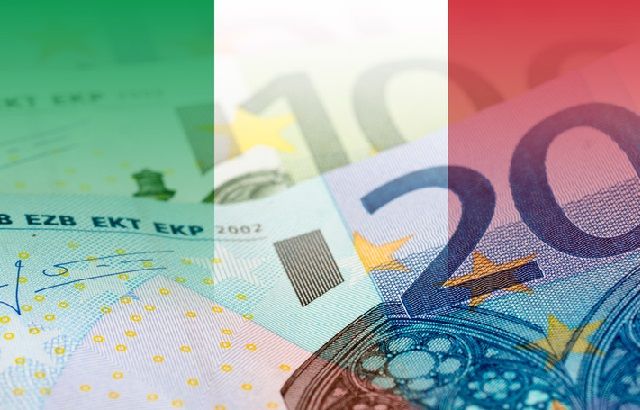The investment case for Italian bonds remains strong with the ‘Anglo-Saxon’ view far too bearish, according to a leading UK bond investor.
Allianz Global Investors sterling strategic bond manager Mike Riddell said his firm began taking a more bullish stance on Italian bonds in October last year, reduced its position a couple of months ago, during a flare up in the budget dispute between the European Commission and the Italian government, but is now bullish again.
Riddell pointed out that from a returns’ perspective, ten-year Italian bonds are yielding just under 2% and, when that is hedged back into sterling, it becomes almost 4%.
He added: “If you want to find something that yields that much you have to go deep into junk credit – to single B rated corporate bonds to have a similar yield, and they have very little liquidity whereas with Italy you can buy and sell hundreds of millions on a daily basis.”
He acknowledged there are risks. “The biggest fear is that Italy tries to leave the eurozone. If you are long Italian government bonds, you are at the centre of that.”
However, Riddell pointed out that one of the Italian government’s key coalition partners, the Five Star Movement, which has voiced its desire to leave the Euro and the EU, has dialled back its Eurosceptic rhetoric because of lack of public support for the policy.
The number of Italians that want Italy to leave the EU sits at roughly 30%, according to recent polls.
Riddell added that in local elections, Five Star have been doing polling badly. A general election could even reduce their influence or end up with the group leaving government so “unusually we see election risk as a good thing and not a bad thing.”

Economic outlook
The other positive for bonds is the broad economic outlook.
“The other development is that global economic data has been woeful. The European Central Bank have strongly hinted that they may cut interest rates in July and may even do QE. Bonds are looking cheap anyway, and there is a chance the ECB is about to buy a bucket load.”
He says that the level of Italian public debt, north of 130% of GDP, is the reason Italian bonds do not trade in line with Germany, but to set this in context it is “pretty much in line with where it was when the euro began”.
In addition, Italy has had a reasonable fiscal record in terms of its primary surpluses recently.
“It has been one of the better countries in the developed world. While most have increased debt, they have been fiscally responsible which it may explain why growth has been weak.”
His perspective would change if governments wanted to run deficits at say 10% a year.
Yet he is sceptical about recent headline grabbing events involving the dispute with the European Commission.
“In October when the dispute first blew up, Italy wanted 2.4% the EC said 2%. We thought that was ridiculous because at some point they were going to reach a face-saving compromise in the middle, which is exactly what happened.”
Riddell added that their fears increased a little when deputy prime minister Matteo Salvini said he would run high deficits till employment was at 5% and they did reduce exposure a little, but now thinks that the risk is more than priced in.
Mini-bots on the horizon
He is also reasonably relaxed about fears over mini-bots – a planned new form of small denomination bond, which the government said it might use to pay off some of public sector debts to private suppliers.
He added: “The discussion around mini-bots in the Anglo-Saxon press and from some UK investors reflects everyone wanting to find the excuse for the next euro crisis – because they think the eurozone and EU is going to die. I am with ECB president Mario Draghi on this one, either these bonds are debts and it increases your debt or it’s a currency and it’s illegal. If the ECB does QE why would Italy issue these. They will have no problem financing their debt when the ECB is buying loads of the stuff.”







